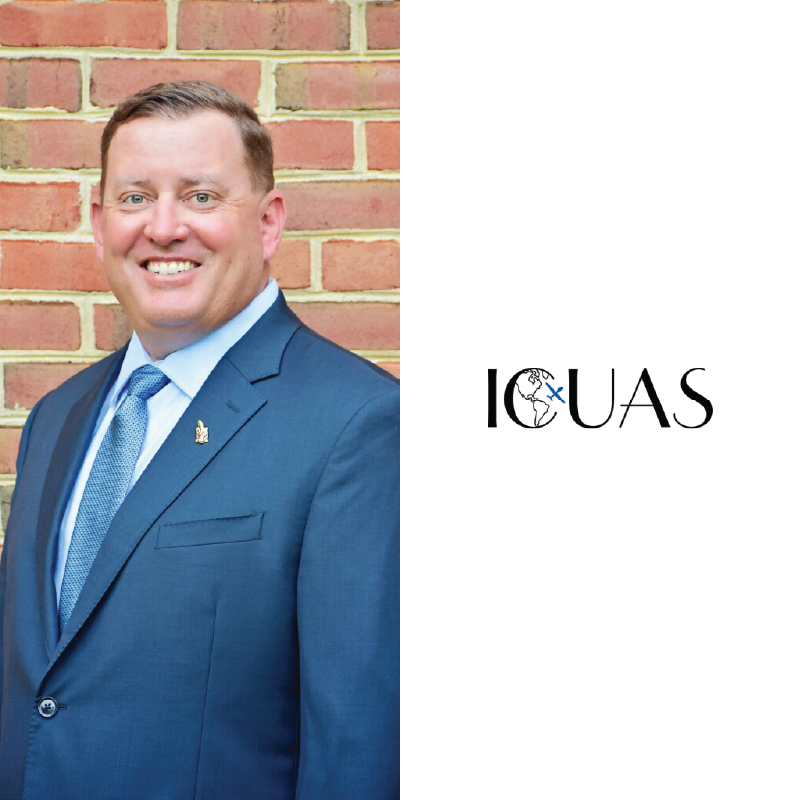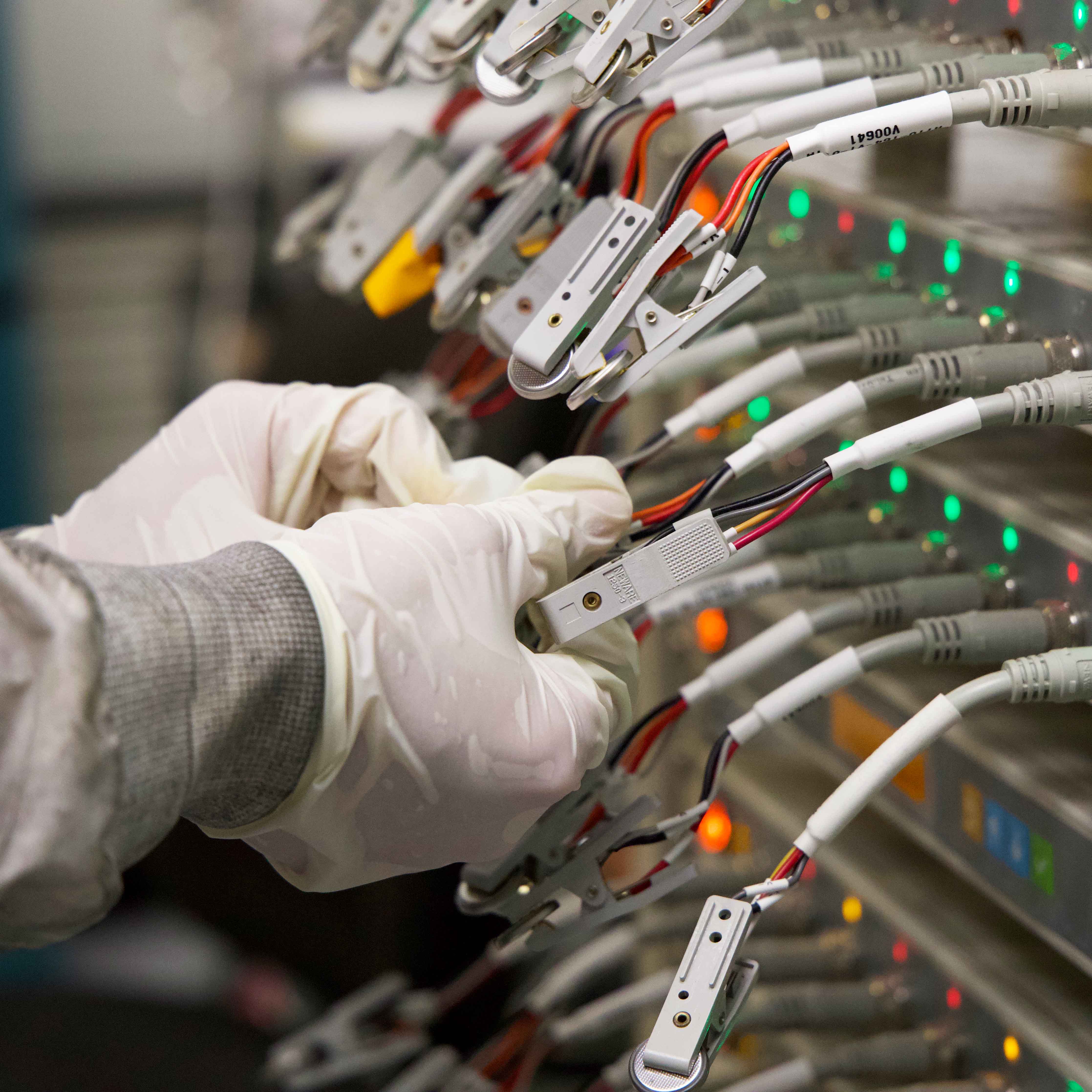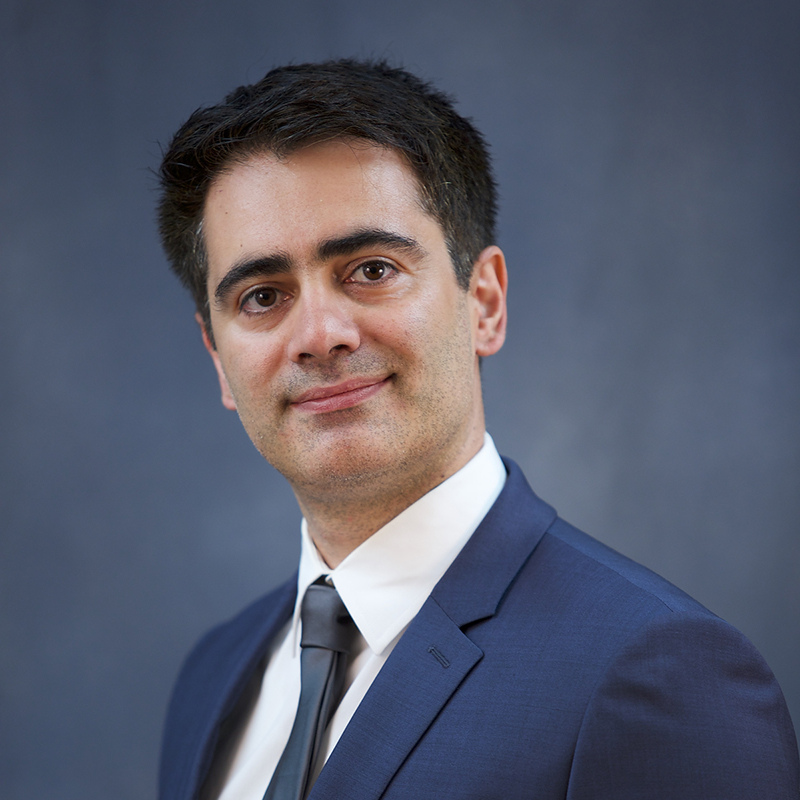News Story
Clark School Faculty Receive Multidisciplinary University Research Initiative (MURI) Award from the Department of Defense (Dod)
Clark School faculty have succeeded in obtaining a Multidisciplinary University Research Initiative (MURI) award of $5.25M, over a period of five years, from the Army Research Office to carry out research on "Micro Hovering Air Vehicles: Revolutionary Concepts and Navigational Advancements." Their objective is to rapidly accelerate the development of the next generation of hovering micro air vehicles (MAVs). They will be equipped with biologically inspired navigation, guidance and collision avoidance algorithms in support of a variety of DoD applications.
This is a collaborative effort between the University of Maryland (UM), the Australian National University (ANU) and North Carolina A & T University (NATU). Industrial partners, Centeye Inc. and Athens Technologies have agreed to collaborate and to be commercialization partners at no cost to the program. The principal investigator on the project is Dr. Inderjit Chopra, the Alfred Gessow Professor and participating Maryland faculty members are Aerospace Engineering Professors Ella Atkins, James Baeder, Chris Cadou, Roberto Celi, Alison Flatau, Gordon Leishman, Darryll Pines, Frederic Schmitz, Ben Shapiro and Norman Werely, along with Mechanical Engineering Professors S.K. Gupta and Elisabeth Smela, and Professors Rama Chellappa ad Reza Ghodssi from electrical and computer engineering.
Key scientific barriers towards building a highly maneuverable, long endurance and efficient hovering system will be overcome by building on the expertise of: UM in the design and development of efficient micro hovering air vehicles and image processing; ANU in the use of revolutionary insect-based visual guidance techniques; and NCAT in the manufacturing of multi-functional materials and composite structures technology.
MURI is a program designed to address large multidisciplinary topic area representing exceptional opportunities for future DoD applications and technology options. The awards provide long-term support for research, graduate students and laboratory instrumentation development that supports specific science and engineering research themes vital to national defense. The average award is $1 million per year over a three-year period with two additional years of funding possible.
Published March 20, 2004









